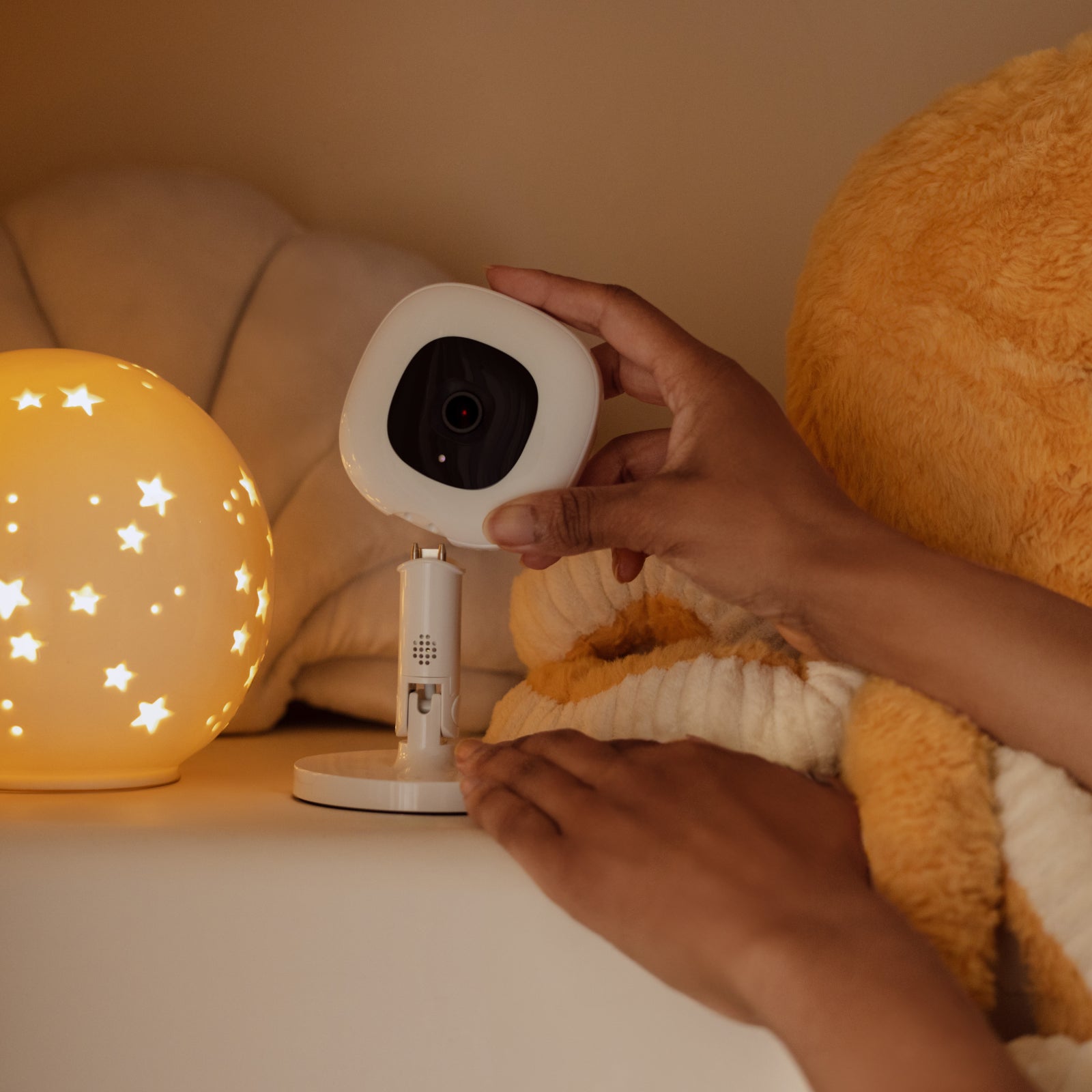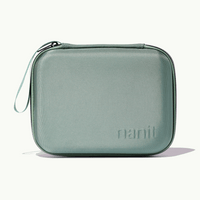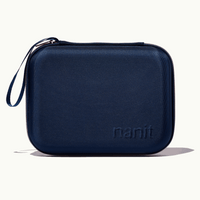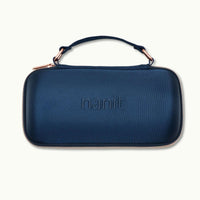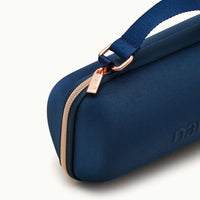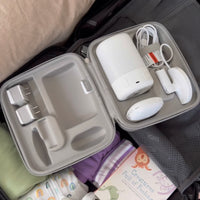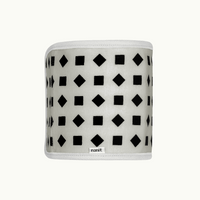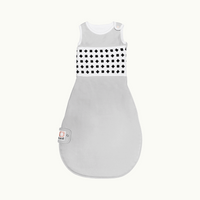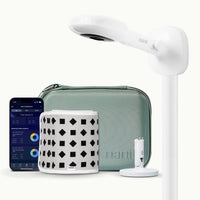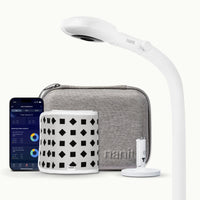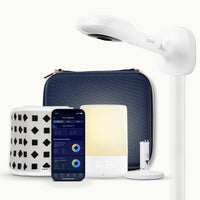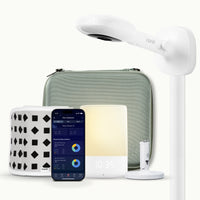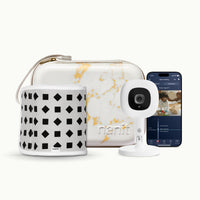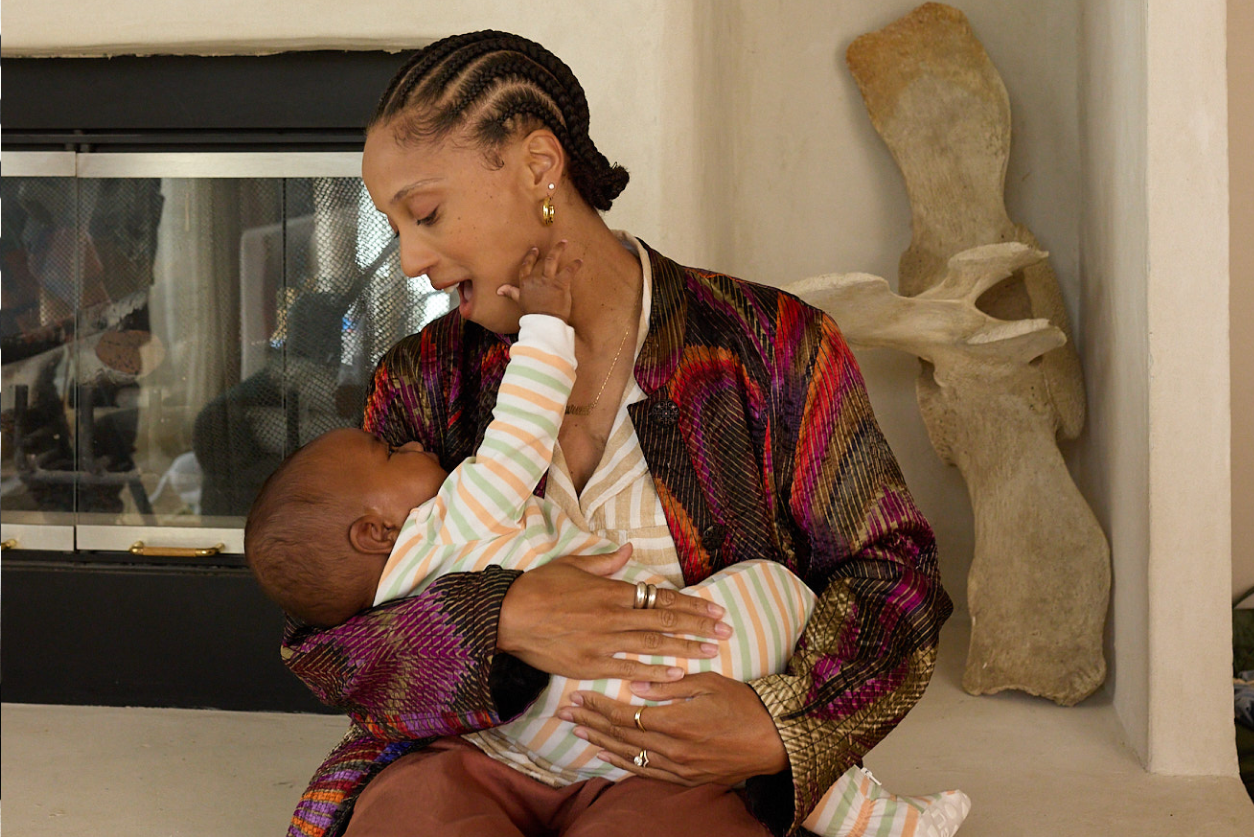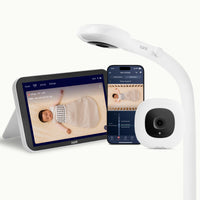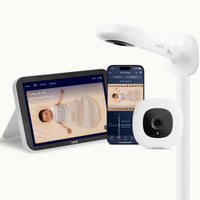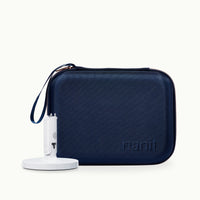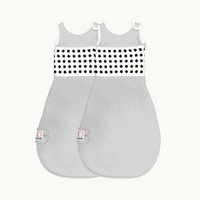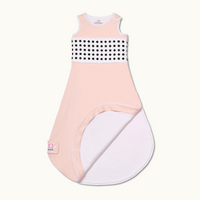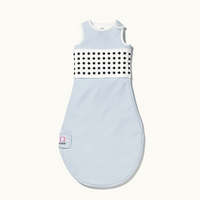Parenthood is packed with surprises both wonderful and bizarre, from hearing your baby’s first attempt at a word to discovering a diaper full of dark green poop (yup, green).
It’s definitely not romantic, but it’s true: Poop and parenthood inevitably go hand in hand. Just think about the amount of time you spend cleaning it, discussing it, and analyzing it. And all for a very good reason! Poop and its color, frequency, and texture can communicate a ton about your baby’s health.
Poop also prompts a ton of questions. Does breastfed baby poop differ from formula-fed baby poop? And how often should breastfed babies poop? Read on for the insights.
What’s a normal pooping frequency for breastfed babies?
If you know what to expect when it comes to your breastfed baby and their pooping schedule (we told you parenting is bizarre), you can plot out your day and make sure you have enough diapers on hand. You’ll also know whether or not your child is getting enough breast milk.
Normal has a rather wide range of definitions. According to the experts, breastfed babies:
- Typically poop three times per day during their first six weeks of life, although some babies may go more.
- May poop after every feeding.
- Have fewer bowel movements after those initial six weeks following birth.
Several factors influence how often your baby might poop. Generally speaking, frequent bowel movements indicate that your baby is getting enough nourishment. Your child’s growth, including the development of their digestive system, also plays a role in how often breastfed babies poop, with some babies pooping only once a week. Hydration and the introduction of solid foods can also affect what you find in your little one’s diaper.
Signs of healthy digestion in breastfed babies
Good digestion is key to your baby’s progress and their future wellness.
Not only does proper digestion provide your little one with the nutrients and energy they need for cognitive and physical development, but it also helps them build a healthy gut microbiome. This is a big deal, as data indicates that the gut flora established in infancy can affect your child’s susceptibility to an array of health conditions later in life.
So, what are the signs that a breastfed baby’s digestion is on track? They include:
- Color. It’s perfectly normal for a breastfed baby to pass stools in a variety of colors, including orange and, in the first few days of your child’s life, black. That said, breastfed baby poop usually tends more toward mustard yellow, brown, or remember green poop we mentioned earlier? When should you be concerned with the shade of your child’s poop? If it’s flecked with red blood, or is white or gray. The latter may be indicative of a liver issue.
- Smell. Breastfed babies usually have less foul-smelling bowel movements than regular, adult poop; it may even have a sweet odor to it.
- Texture. Healthy digestion in breastfed babies may result in poop that’s somewhat seedy in texture. It could also be a bit runny and/or soft. Seek your pediatrician’s guidance if your baby has diarrhea accompanied by sunken eyes and other signs of dehydration. The same holds true for hard, pellet-like stools, which may be a symptom of constipation.
How do you know if formula fed baby poop is normal?
It may be pastier in texture and appear yellow or brown in color. This happens because formula takes longer for babies to digest and moves through the intestines at a slower pace.
Tips for keeping your breastfed baby’s digestion healthy
In addition to burping your baby during and after feeding sessions, it’s a good idea to monitor diaper changes and feedings. Doing so helps you assess whether your child is getting sufficient milk and whether they’re digesting it properly—and gain peace of mind in the process.
Perhaps even more importantly? Your health is intimately connected to the digestive health of your baby. So to help out everyone for your meals:
- Focus on foods that foster healthy breast milk production, such as fruits, vegetables, whole grains, and protein-rich choices like dairy and low-mercury seafood.
- Stay well-hydrated. Proper hydration is helpful for maintaining overall health and helps ensure that both you and your baby are well-nourished.
Lastly, pay attention to your and your baby’s position while breastfeeding. This might require some experimentation, but ideally, your baby should be placed in a way that makes it easy for them to swallow your breast milk.
Let Nanit help you track your baby’s wellbeing
There are dozens of things to stay on top of as a parent, from making sure your little one’s bowel movements are healthy to knowing how long to breastfeed to making sure they’re getting good—and enough— sleep.
Nanit can help with all of the above. Our Pro Camera works hand in hand with our Nanit app to provide a holistic view of your baby’s well-being. Use our new Care Logs to track your baby’s eating, sleeping, and pooping patterns. Our Sound + Light Machine encourages sounder sleep for both you and your child, acting as both a monitor and a white noise machine, so you can recharge and take the best care of yourself and your little one.
Sources: Parents. The baby poop guide: what’s normal and what’s not. https://www.parents.com/baby/diapers/dirty/the-scoop-on-poop-whats-normal-whats-not/ Healthline. What does your baby’s poop color say about their health? https://www.healthline.com/health/parenting/baby-poop-color Verywell Family. The science behind infant digestion. https://www.verywellfamily.com/infant-digestion-431681 Unity Point Health. 12 types of baby poop & what they mean. https://www.unitypoint.org/news-and-articles/12-types-of-baby-poop-what-they-mean-infographic Children’s Hospital Colorado. Baby poop guide. All About Women Obstetrics and Gynecology. How and why a simple breastfeeding log can help you. https://www.allaboutwomenmd.com/knowledge-center/breastfeeding-log-benefits.html Mayo Clinic. Breastfeeding nutrition: tips for moms. https://www.mayoclinic.org/healthy-lifestyle/infant-and-toddler-health/in-depth/breastfeeding-nutrition/art-20046912
Key takeaways:




